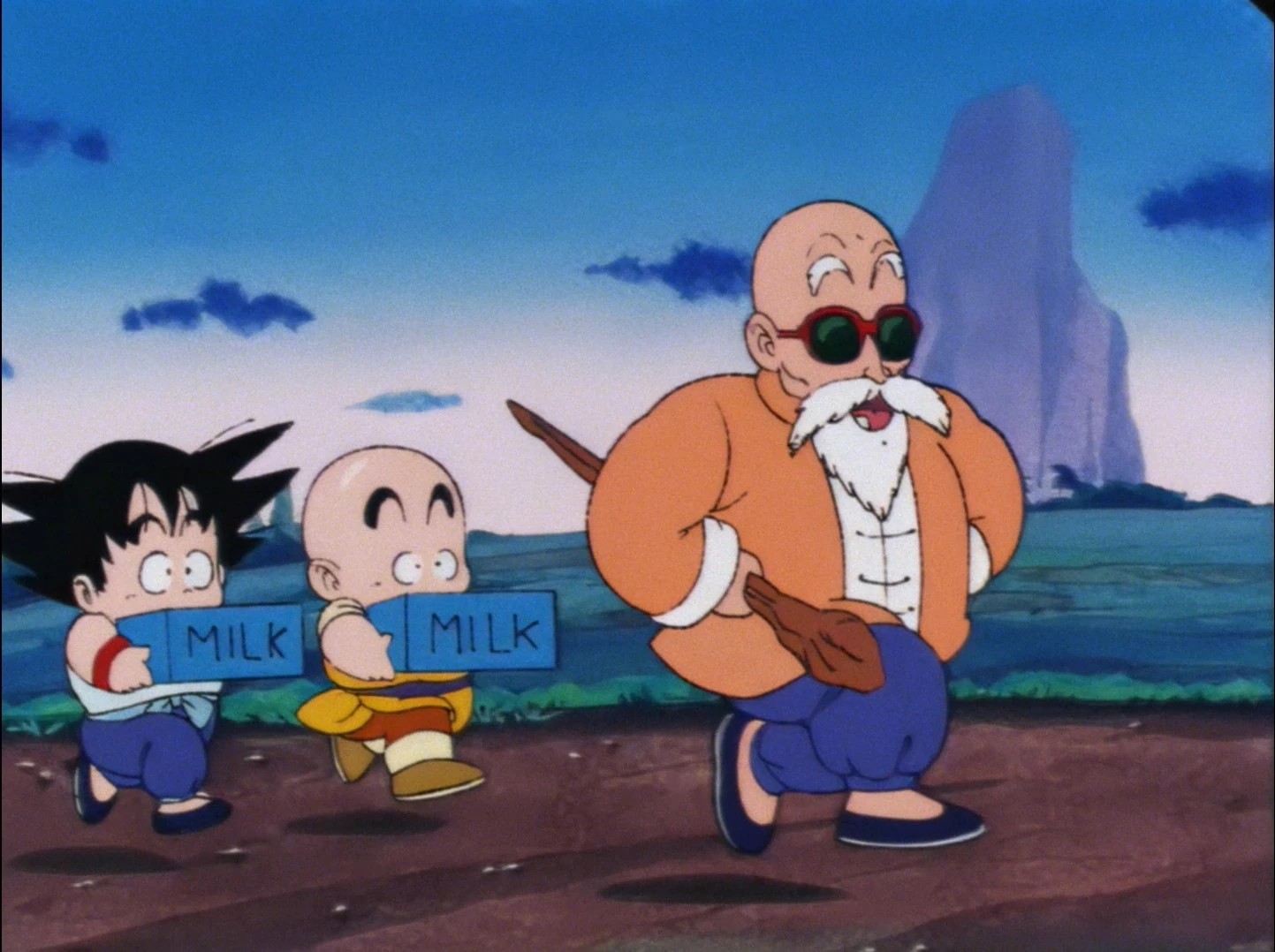Pro's and cons of studying martial arts on your own and studying with a teacher
I have obtained my law degree by studying at home. It is not so strange as the university with which I have studied is known for its long distance learning facilities.
My first steps toward learning martial arts were also taken at home when I started reading book after book on the arts that I wanted to learn.

As can be expected- I was told that you can not learn this kind of thing from books and I believed it. Well... to a certain extent I still do, because I don't think I would have been able to get where I am without having studied at the dojos that I have joined.
Thing with martial arts is, as we know by now, that it is not something that you just study by taking in information. It is something with which skills and abilities get developed by training.
Much of what you get taught in a book or in a martial arts class is useless if you just commit it to memory. It is usually something hat has to be practiced over and over again or an exercise that has to be done on a regular basis.
Now- a guy like me has a set exercise routine. It suits me. I stick to it because I want to and it works. Some of my friends, however, say that they cannot exercise without a personal trainer. I honestly don't understand how that works, really, but I assume that lots of people do not like books the way I do.
The big proviso of course is that I must have the necessary self- discipline to stick to my training program for it to work. Another requirement is that I have to take things up a notch at regular intervals for it to be of any value. A lot of people I know admit that they do not have the discipline to do that and that they NEED a coach or an instructor to push them on. To be honest- It has never been about discipline for me. It was just a matter of wanting to...
Before I get to the lists of pro's and cons I want to add that you can take it as a given that there are martial arts that you can study without a partner or a teacher. Grappling arts, however, will inevitably require a partner. The results of studying alone, however, are far different from those from studying under an instructor.
Now- let's see those pro's and cons:
Studying under a teacher, as part of a club:
Pro's:
1. Recognition. It may sound shallow, but to the majority of people in this world recognition matters. If your school is recognised as a valid school of martial arts your training is also regarded by outsiders as being actual martial arts training. You get belts, certificates and trophies.
2. Meeting people. This is actually a healthy thing and a great break from work. Instead of staying at home in your spare time mulling over the next day of work you get out to meet people who have nothing to do with work and you learn to interact with people. This is much better than staying alone and becoming unable to deal with people. Trust me- you cannot always avoid people. Rather learn to get along with them. Your life will be a lot easier when you do.
3. Challenges. All good martial arts teachers know that a fair bit of fun is necessary in class, but what students need more on a regular basis is a challenge. Sure- you will feel that you are never going to get the hang of it as you get to deal with one challenge put before you after the other being put before you by your teacher, but this is how you develop those skills and abilities that you want so bad.
4. Equipment. Well... Not all martial arts schools that I know of HAVE equipment, but if your school does it is an excellent opportunity to seize. Thing is- martial arts do not only require knowledge and strategy, but also qualities like strength, speed and toughness that do not get developed by practicing kata on your own.
5. A sense of accomplishment. Be it your grading or a tournament trophy- you get a chance to achieve something. This does wonders for one's self esteem and if you don't get first place or that belt you at least get the strength, fitness and experience from trying.
So- with all these good things, what could go wrong?
Well... truth is- a lot of dojos have their problems as well.
Cons:
1. Politics: Seriously- hearing about how much better your school, federation or organisation is than the next fall in the category of Shit That You Do Not Need To Know. It is really not conducive to good training and it creates false perceptions among students. Believe me- if you are in a dojo where there is a culture of disrespecting other styles and spreading harmful rumours about other martial arts organisations- you really do not need to take part in that. It is of no help to you at all.
 |
| If it is part of training you should rather not complain about it. |
3. Cult mentality: :D You joined your local karate club because you need a good fun extramural activity that can help you to get fit and to learn to kick ass? Then you wake up one day and realise that your weekends are no longer your own. Hell! Even some weekdays that you have had other plans for because you thought that those were not karate days get taken up now, because Sensei said all should be training at some venue 200 km out of town or else...
Yes- this happens...
Martial arts require a lot of regular training and it seems that teachers know that you cannot be trusted to train regularly by yourselves.
I have heard accounts of some teachers even going as far as to get their students to do chores for them and run errands like fetching their laundry etc. Wellll... They might say that it helps to cultivate humility and build character, but it may most likely be that it is convenient to have people who blindly obey you...
The thing is- the teacher- who in reality is a human being just like you and me, except for martial arts skills and abilities that are awesome in the dojo, but for which the wide world out there does really not care much, has suddenly become something like a god to you. This had been happening since the beginning of martial arts schools and is still around.
4. Limited knowledge: After a couple of years you realise that you have done a lot of training- practicing the same stuff that you have learnt years ago, but you have not learnt anything new. You may also find that your instructor is not able to answer all your questions- if you are at all allowed to ask them...
The reality of a lot of schools these days is that they have a limited syllabus that gets passed on from one student who jumps through all the hoops to become a recognised instructor to the next. In a lot of cases students are so busy complying with the requirements set in these syllabuses that they don't even bother to think about WHY they are going through the motions at all. You don't have to search very far for a person saying that today's martial arts is watered down. Well- they can still impress a lot of villagers with what they do...
Now let's look at the pro's and cons of studying alone...
Studying By Yourself:
Pro's:
1. You be the judge: It is most likely that any given teacher you meet will tell you that the technique he/ she teaches you is the correct way of doing it and that it doesn't work any other way. Some schools don't even allow for techniques to be tested. If you study by yourself you have that freedom to question, compare and to make up your own mind.
2. Lots of information: Nowadays with the internet you do not have only books to turn to for information. The sources are virtually limitless and if you can't find an answer in one place you are free to search for it in another.
3. You set your own timetable: The #1 excuse for people who say they want to learn martial arts, but "can't" is that they do not have the time with their long work hours, family commitments and so forth. I joined my first dojo when I was still in high school and I thought nothing of adhering to dojo times and tournament dates. Later on, when I tried this again in adult life, I realised that your Sensei may manage his time with you, but you should not expect to manage your time with the school. Nowadays I often get to work late. I like training early in the mornings, because that is at least one part of the day during which I get left alone. The times I keep I keep because I want to and not because I have to and if training has to move to some other time or place due to weather, work or emergencies I do not need to explain it to any one.
Cons:
1. You get allowed to be lazy: This is probably the #1 drawback of studying alone and why people in general do not really think much of your training when they hear that you are training by yourself. Thing is- martial arts skills that you have developed stay alive when you are being kept under fire on a regular- not constant- basis. Without someone to breathe down your neck when you don't feel like training you can easily decide to skip training for a day, then the next, and then the next after that until you end up stopping training altogether.
2. You don't gain fighting experience. Now- you may take a chance by walking into a bar full of white truck drivers and lumberjacks, kill the jukebox and then start playing hip-hop to get someone to fight you, but that can go really bad. What doesn't kill you might make you stronger, but what kills you still kills you...
Dojos have sparring partners and regular sparring sessions. These sessions are really valuable. If you practice martial arts techniques without ever having at least sparred with someone before your expectations of a fight WILL be far different from reality- and not in a good way...
I really do not judge anyone who trains either way. With all the benefits and drawbacks of either situation either one of these two is better than not training at all.


Comments
Post a Comment